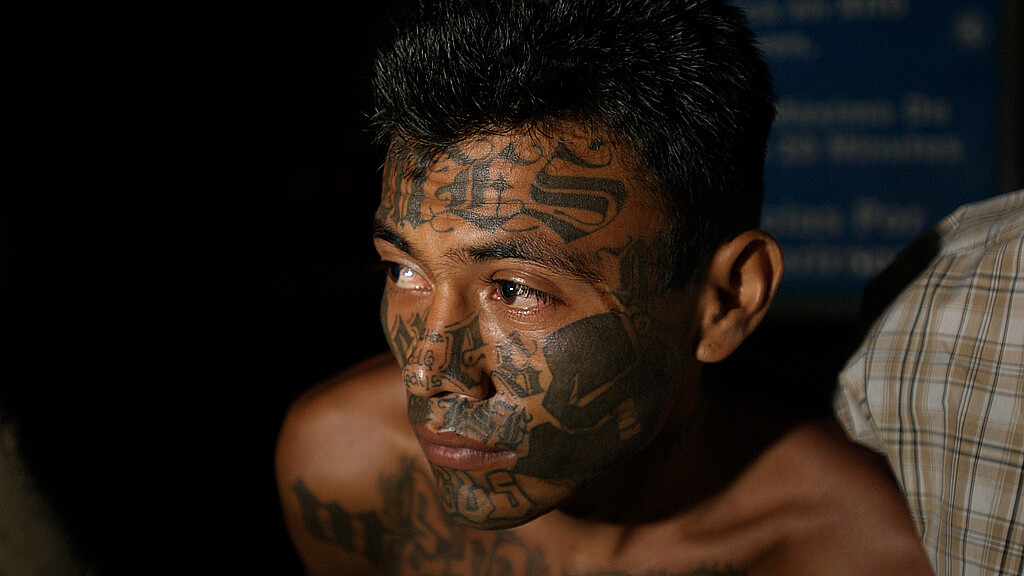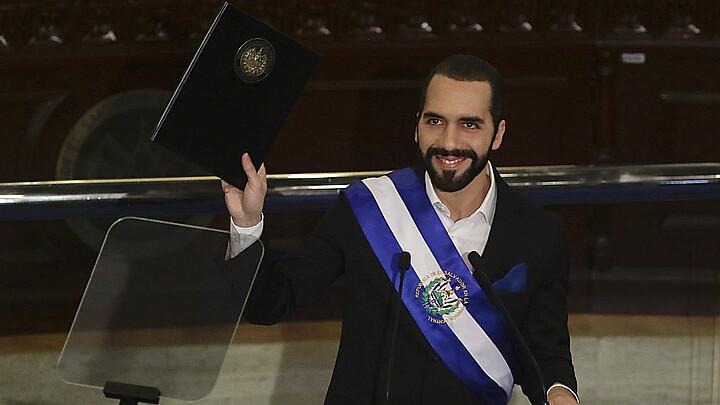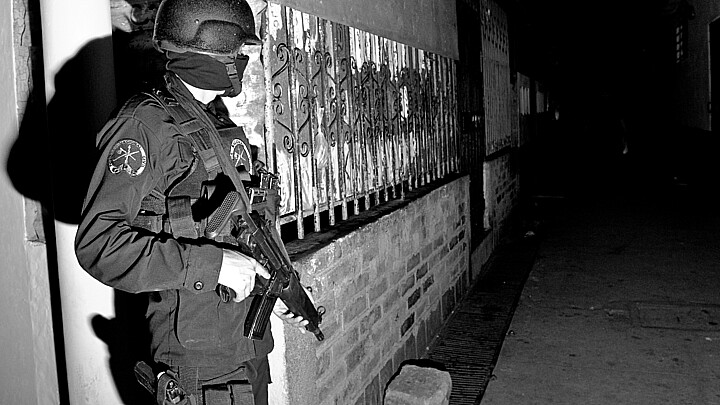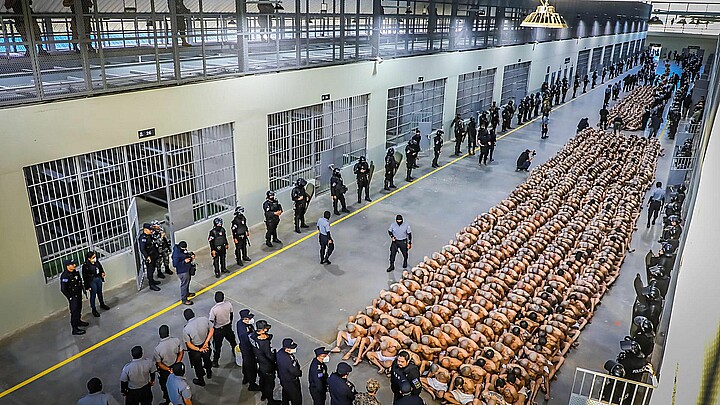Politics
El Salvador extends special powers to crackdown on gangs
More than 64,000 people have been arrested so far and more than 57,000 of them are currently in prison awaiting trial since the state of exception began

February 16, 2023 6:23am
Updated: February 16, 2023 9:03am
El Salvador vowed to continue to fight gangs until the last gang member is captured by extending the period of special powers for another month on Tuesday.
Late on Tuesday evening, the country’s Legislative Assembly voted 67 to six in favor to extend the state of exception implemented by Salvadoran President Nayib Bukele last March after a surge in gang-related homicides. Eight lawmakers abstained from voting and three others were not present.
“The historic results achieved in security confirm for us that we’re on the right path, transforming the country,” Justice and Security Ministry Gustavo Villatoro told lawmakers.
Villatoro added that the state of exception would continue until the last gang member was captured. According to authorities, there are around 10,000 more gang members that need to be arrested.
Villatoro said that more than 64,000 people have been arrested so far and more than 57,000 of them are currently in prison awaiting trial since the state of exception began.
“The historic results achieved in security confirm for us that we’re on the right path, transforming the country,” Villatoro added.
Under the state of exception, constitutional protections are temporarily suspended, and there is limited freedom of association. Additionally, Bukele reformed the country’s penal code to increase jail time for gang members and try minors who are involved with gangs as adults.
Civil and human rights organizations, however, have criticized the state of exemption that arrested more than 2% of the Central American country’s adult population. A leaked database obtained by The Human Rights Watch found that there are large-scale due process violations, overcrowding of prisons, imprisonment of children, and even deaths taking place inside Salvadoran prisons.
Many of the arrests appeared to have been based on questionable evidence, such as whether an individual has tattoos or is related to a gang member. Other arrests have been made to meet a daily quota imposed on police officers, leading to many arbitrary arrests, according to members of the National Civilian Police (PNC).










